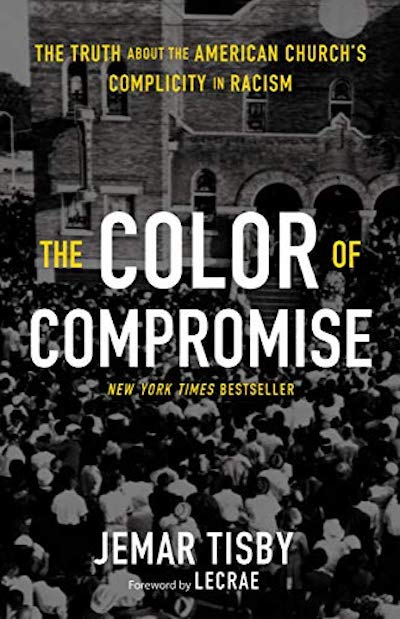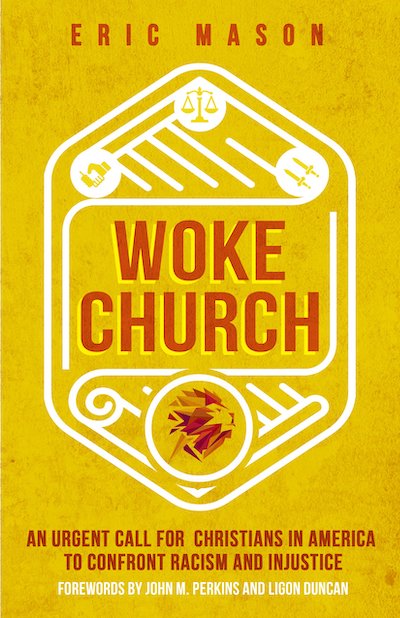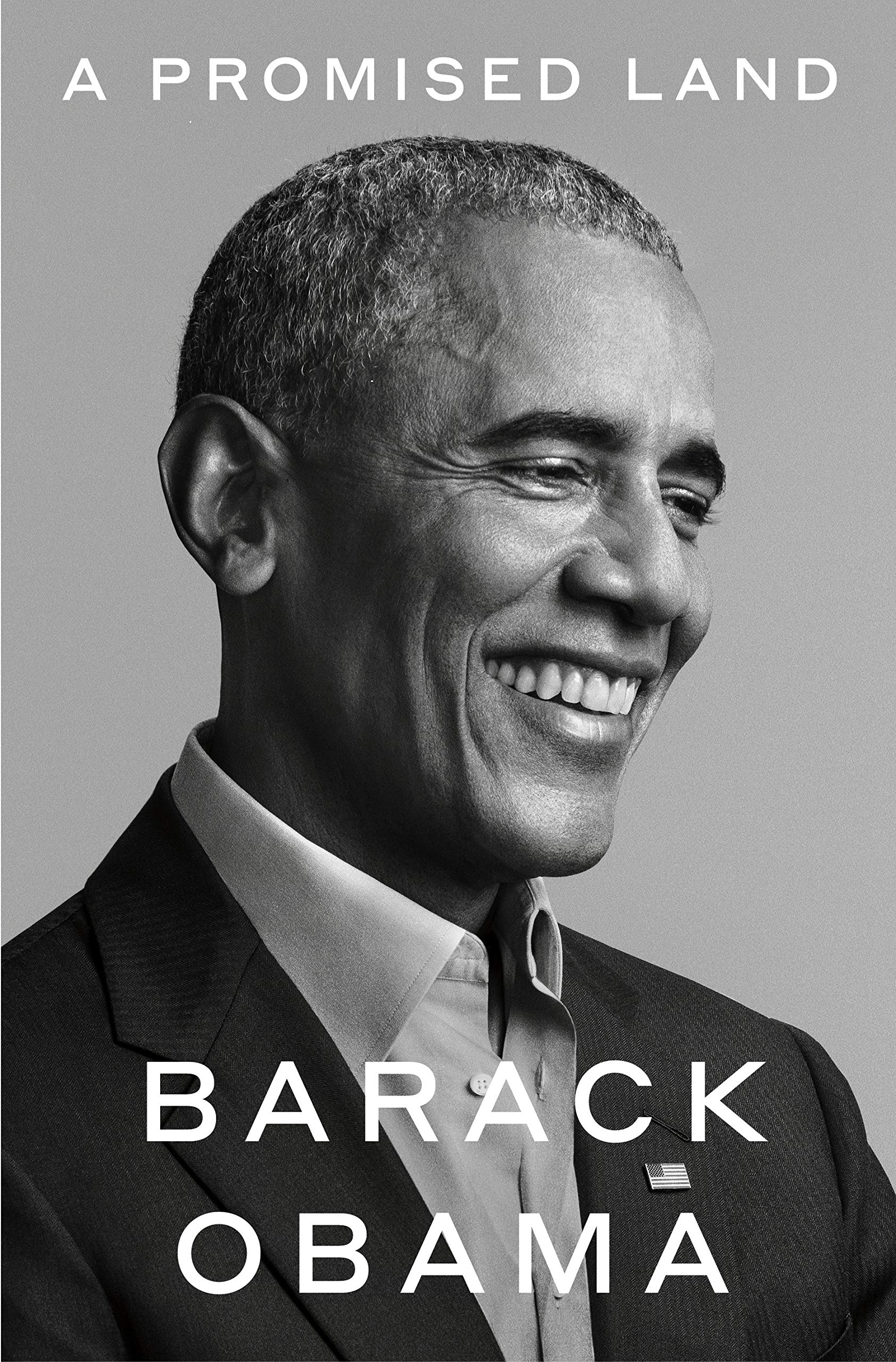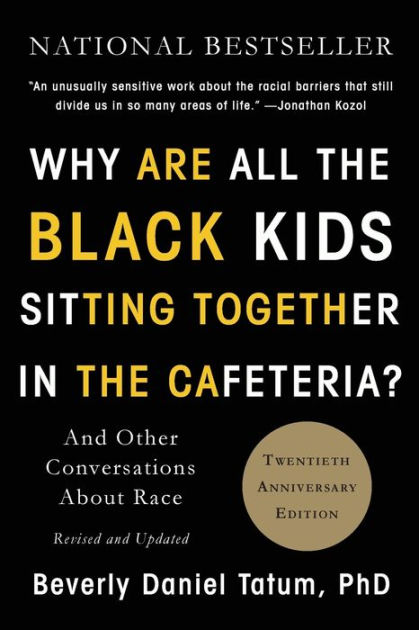This book does a fantastic job of covering a lot of the history of racism in America in a very quick read while tying almost everything back to Christianity and the white church, including times of actual support for racism or just complacency. This book does not cover as much ground as Stamped From the Beginning, but it comes closer than any of the other books on race I’ve read in the past year. It starts with the “discovery” of America, discusses the church’s role in slavery, and then even spends a good amount of time talking about the modern civil rights movement and how it relates to the civil rights movement of the 1960s.
I typically don’t write or mark up any of my books, but this book really made me reconsider that policy. At some point, I need to go back and write some of the quotes from this book down, because there were several times where I had to stop and read power statements over again. Tisby has a very good way of making strong points and covering a lot of ground while being succinct, to the point, and still leaving room open for opposing views more than most books on race do. After reading this, I’ve definitely added his other newly released book to my reading wishlist.
There were three chapters and topics in this book that I especially enjoyed and I think they’re each pretty unique compared to other books and resources I’ve enjoyed over the last year.
First, Tisby does a good job of covering the disdain for Martin Luther King Jr. from within the church and America as a whole that is often overlooked as everyone now wants to see him as an easy-to-digest figure that just said “I have a dream.” Ever since high school where I was fortunate to have had an English teacher that set aside a large portion of time to highlight more of Dr. King’s less known works and really read them in their entirety instead of just covering the same surface level quotes, often taken out of context, that are always shared on MLK day each year. Tisby is very direct in calling out those performative acts from churches today but also links it to the long history of many churches and entire denomination organizations being against and unsupportive of King at the time.
Next, which is a point that I don’t think I’ve ever seen made, was Tisby’s many moments of calling our Billy Graham and other popular evangelists. Before really making his strong point, Tisby is clear to “say what he’s not saying” and clarify that Graham was not a racist, but rather could have done a lot more and sided with different kinds of powerful people. Graham had an elementary view of how to “solve” racism, and it mostly mirrors similar views in the church today that revolve around just being kind to those that are different. While Graham never used his massive influence to support protests, major laws like the Civil Rights Act, and other helpful actions on racial reconciliation, he had plenty of time to stand boldly against things like communism and “law and order.”
One of my favorite quotes in the book comes from a Black journalist reflecting on Graham’s position, and lack of support, for the Civil Rights Act where he says “Graham did not walk with protestors or call for open housing or desegregated churches because he’s too busy praying.” This quote summarizes the problem of one of the church’s biggest influences and the church’s complacency with racism very well in my opinion. A majority of people are not actively supporting racism, but they are too busy ignoring major issues to instead just pray that it gets better without taking action.
Tisby wraps up the book with his own guide for what Christians, and all people, can simply do to continue to always push for progress on race, particularly in America. He calls it the ARC of Justice in his chapter “The Fierce Urgency of Now.” ARC stands for awareness, relationships, and commitment, and all can be done simultaneously or in any order.
Awareness covers gaining more knowledge and context on issues of racism including reading books, listening to podcasts, watching documentaries, and diversifying the commentary you take in. Relationships focus on going out of your way to join more diverse groups and genuinely building quality relationships with people of different races and backgrounds, not just to have them answer all of your questions and give you a social alibi, but to actually learn their experiences. Commitment goes into the continued work and adding to the fight for racial equality through things like writing blog posts, donating to organizations, speaking with local politicians and influential people about issues around race, and also voting with racial progress in mind.
There aren’t many books that I truly plan to go back and read again, but this book covers so much ground in a short amount of time, that I might consider re-reading this every now and then. I think this is a book that everyone should read, but Christians and a particular need to read it and start to accept the long history of the church’s role in racism, even if it is just complacency at times. I can’t cover everything in my review and even thought of other key passages like Lecrae opening up about the doubts of his faith and the church that supposedly supports him after recent events, but I may go back and take better notes for myself as well as the ability to share with others. Even if I get to that, this is still a book that I highly recommend everyone read. Sooner rather than later.




